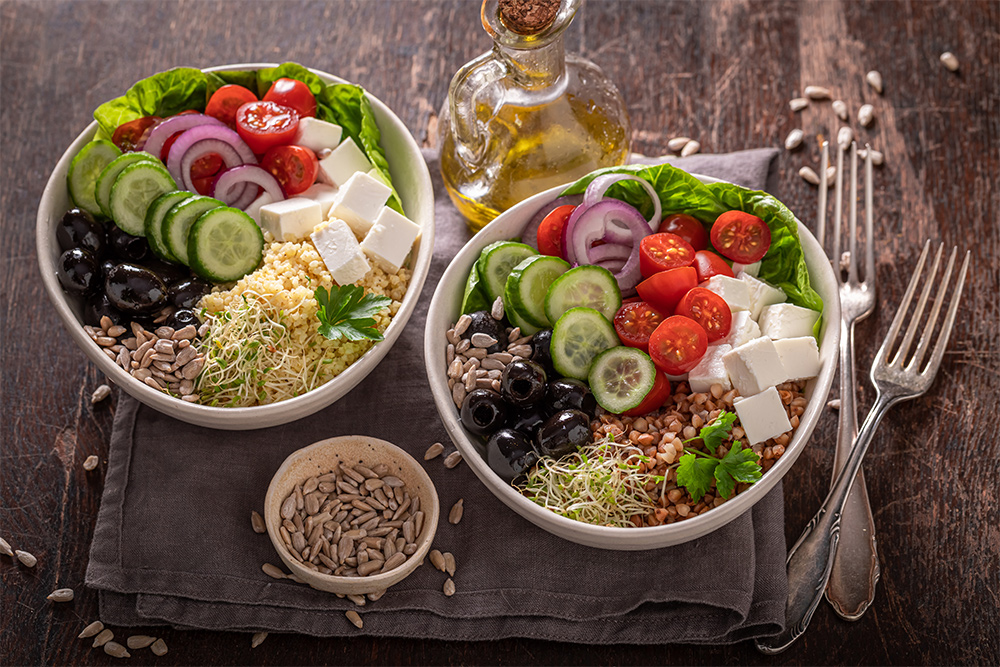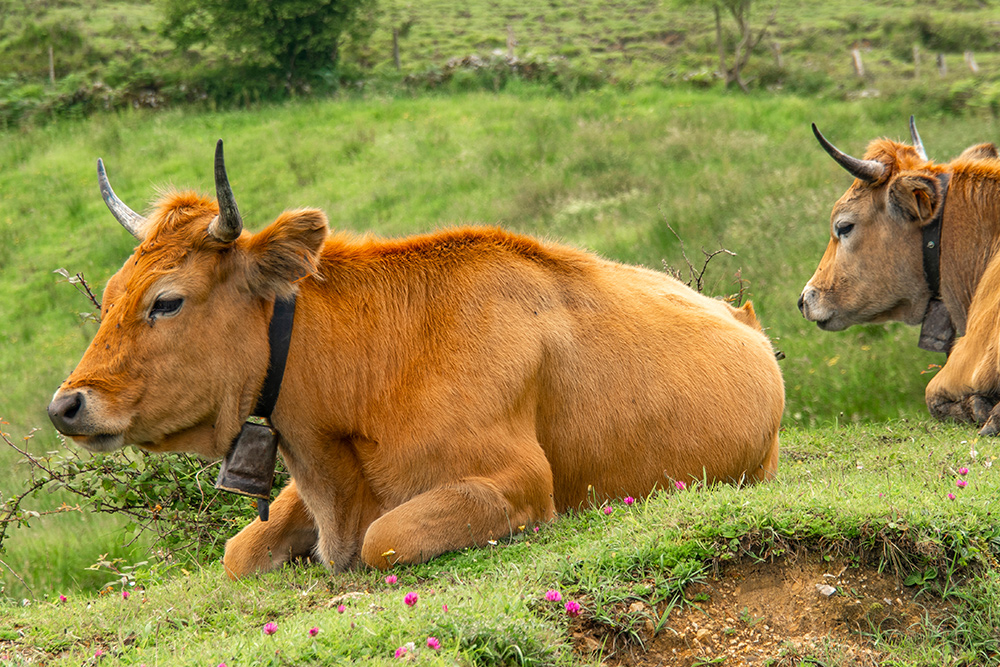As we seek to minimize our environmental footprint, one of the most impactful changes we can make is in our diet. Eating more plants and reducing our consumption of animal products can significantly decrease land use, water consumption, and emissions of heat-trapping gases.


Different dietary choices have varying impacts on the planet. Diets high in animal protein require more resources and produce more emissions than plant-based diets. For instance, producing beef uses more land and water and contributes to higher methane emissions, a potent greenhouse gas. Methane, primarily produced by livestock, is 72 times more impactful than carbon dioxide over 20 years.
By reducing your consumption of animal protein by half, you can cut your diet’s carbon footprint by more than 40%. Transitioning to more plant-based meals isn’t just good for the environment but also for your health. Incorporating more fruits, vegetables, and grains into your diet can improve health outcomes and prevent chronic diseases.


Eating locally produced food supports local farmers and reduces the carbon emissions associated with long-distance food transportation. When local food is at its peak, September is the perfect time to explore the richness of your local produce markets. We encourage everyone to ask for more locally produced options at restaurants and grocery stores.
Engage in community initiatives such as food sharing from gardens and participating in events like our annual harvest share. This brings the community together to celebrate and share the season’s bounty.
Embrace a plant-based lifestyle and see the difference it makes to your health and our planet. Join us in promoting sustainable eating habits by participating in local food initiatives and reducing your intake of animal proteins. Check out our upcoming harvest share event to connect with like-minded individuals and learn more about sustainable eating